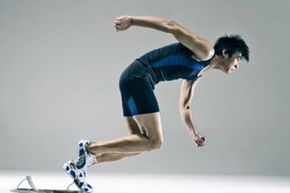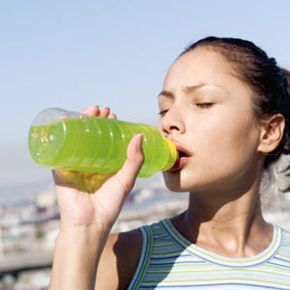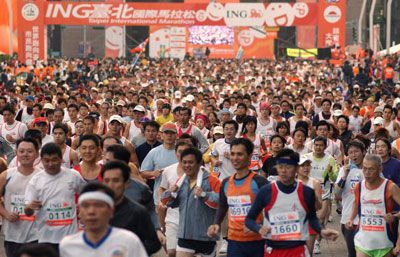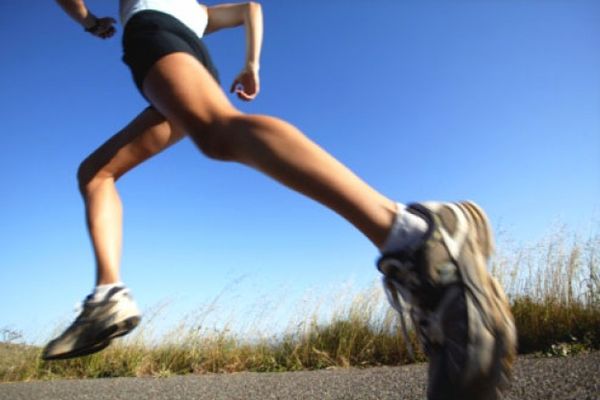Like to eat? Then you may want to become a distance runner. That's because pounding a few miles of pavement every day is a real calorie burner. A male distance runner who logs about 25 miles a week, for example, needs to ingest 2,500 calories a day -- at minimum. In contrast, a man of average weight and height needs about 500 fewer calories each day [source: USDA].
Unfortunately, when you're a distance runner, upping your daily caloric intake isn't about sheer numbers. You can't just eat anything you want and expect to get good results from your workouts, especially because you intentionally fatigue your muscles on a regular basis. It's critical to eat a specialized diet for the duration of your training -- not just in the day or two before a big race. Why be so choosy with your foodstuffs? It all comes down to fueling your performance.
Advertisement
Distance runners primarily burn a mixture of carbohydrates and fat as they run. Carbohydrates, which are stored as glycogen in the muscles, are the more efficient of the two fuels. This is because the body uses glycogen in a well-organized way; carbohydrates-turned-glycogen help the body go faster, longer. When compared to carbohydrates, fat is still important to a runner, but presents a 15 percent drop in efficiency. Translation: When you burn an average of 120 calories a mile, you need carbohydrates to keep you going. Fat and protein can fuel you, but they will slow you down because your body has to work harder to turn them into energy [source: Pfitzinger].
And that's not all. You need more than carbohydrates and fats. You need fuel additives to keep your muscles moving, and that's where electrolyte-rich drinks and colorful nutrient-dense foods come into play. The right nutritional mix is crucial; in fact, it is the single biggest influence on your training outcome. The months you spend eating well every day are what will push you to the finish line, should you decide a marathon's in your future.
Why should distance runners watch for rainbows? We'll clue you in on the next page.
Advertisement



